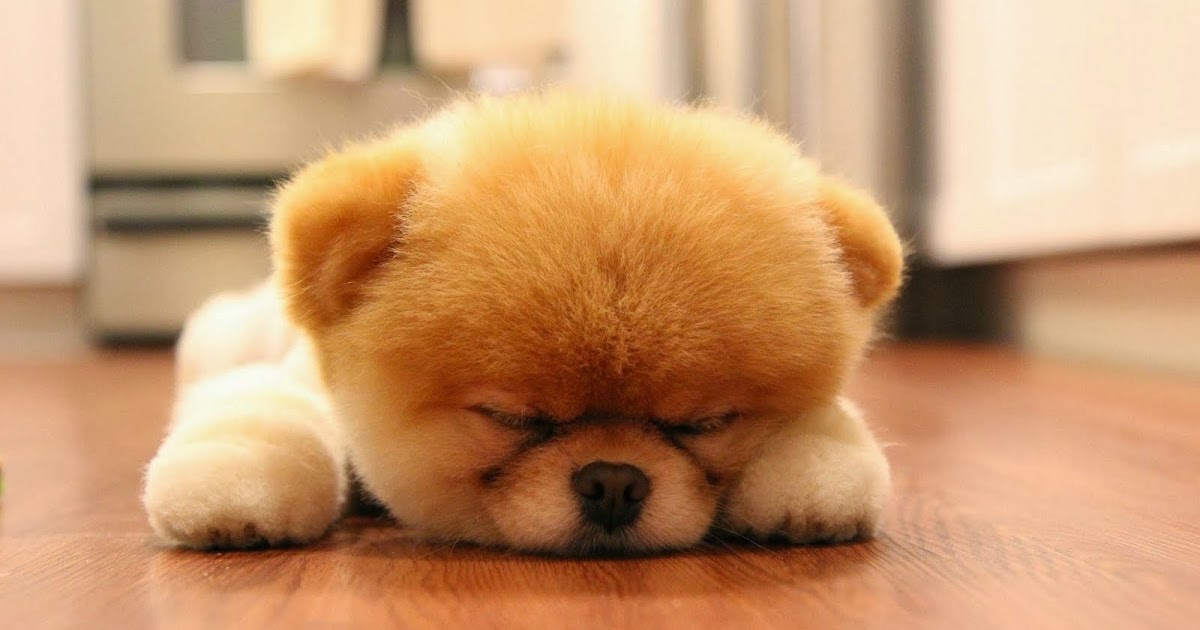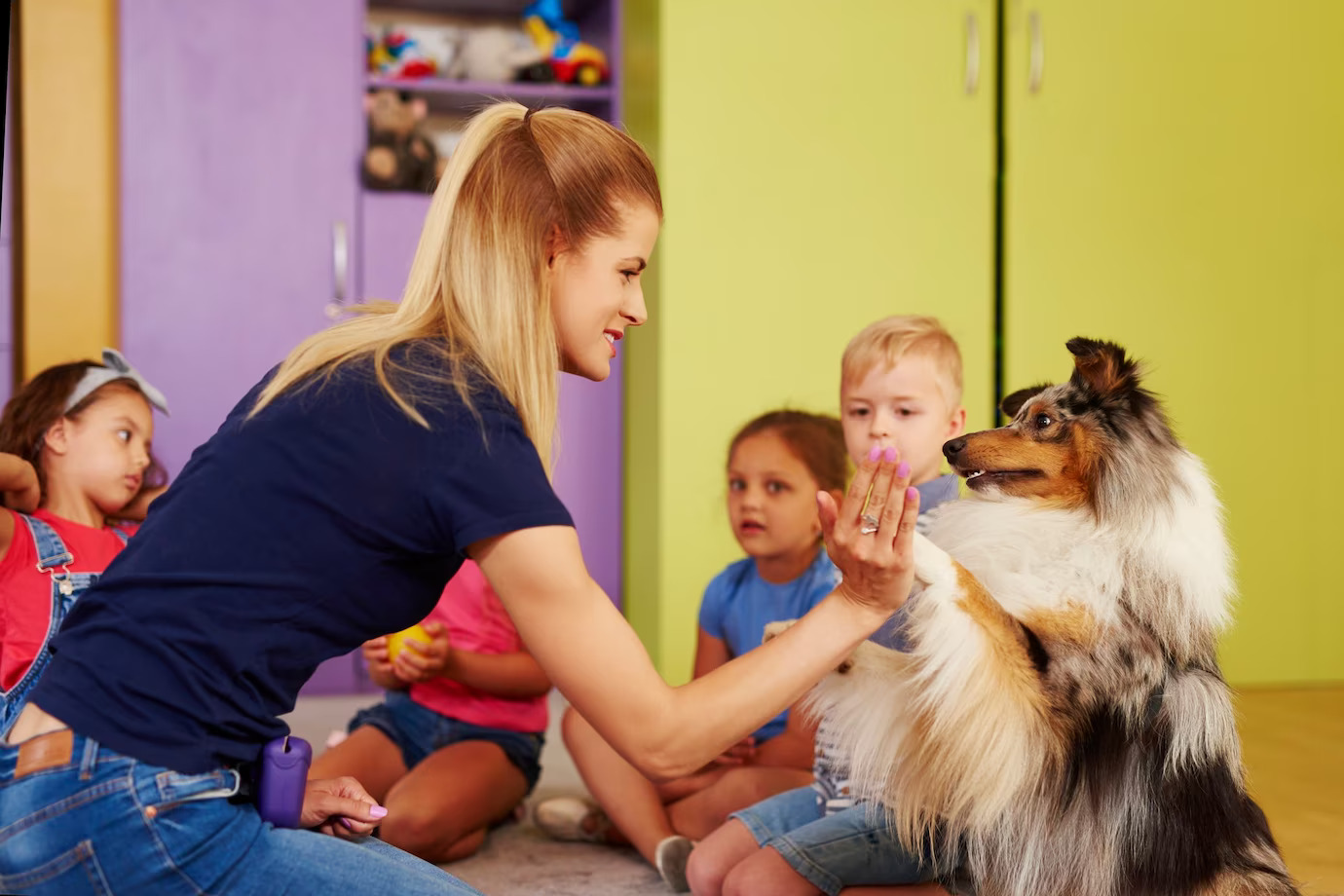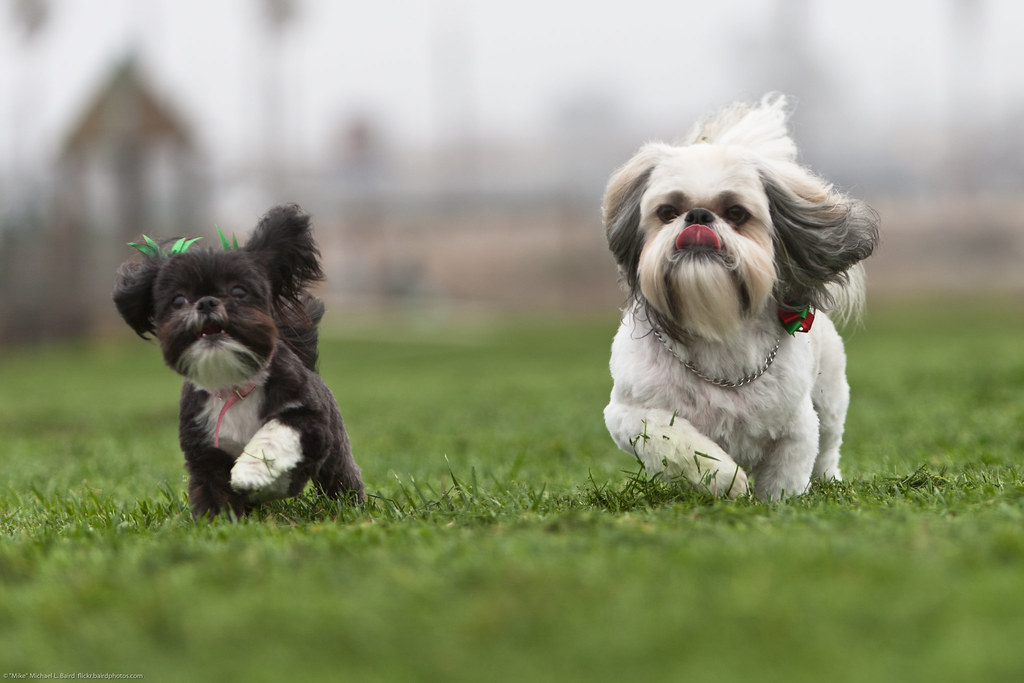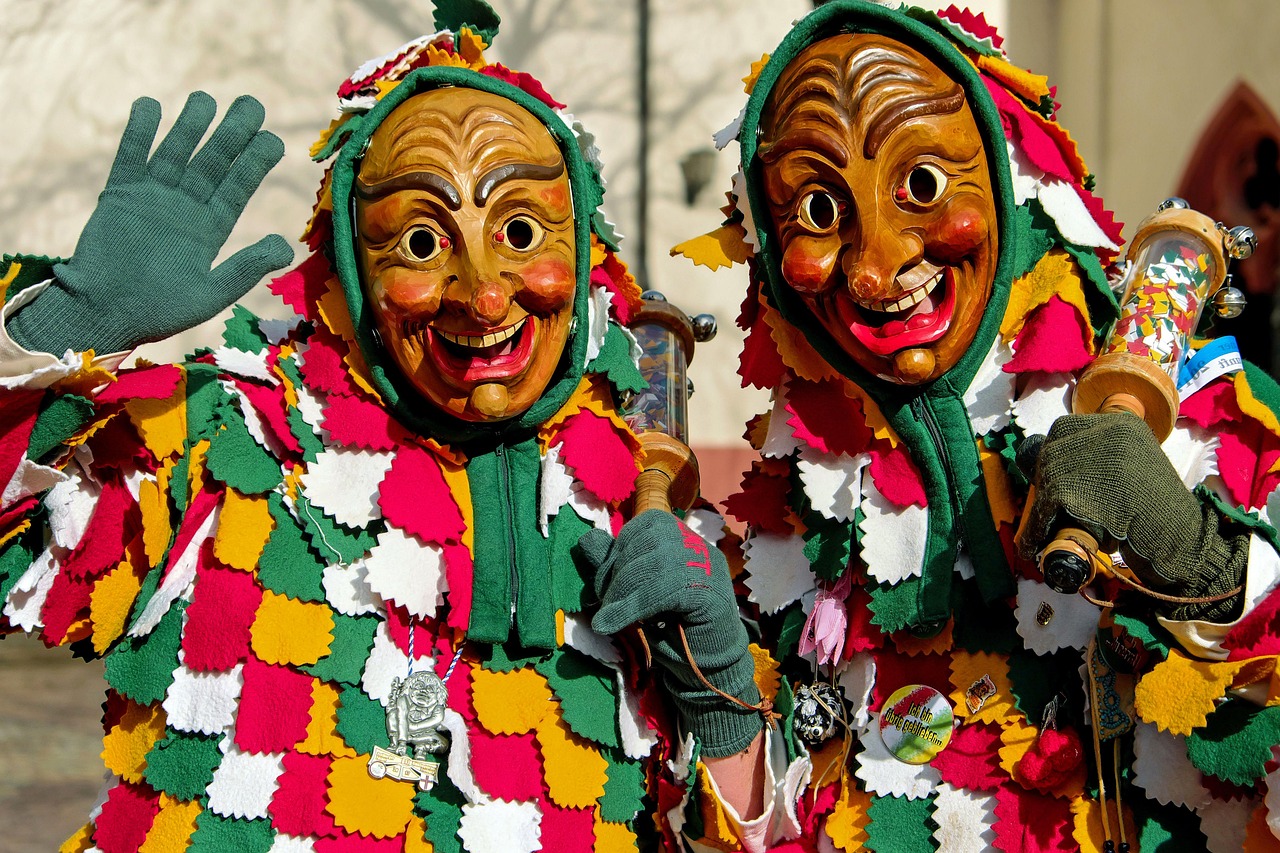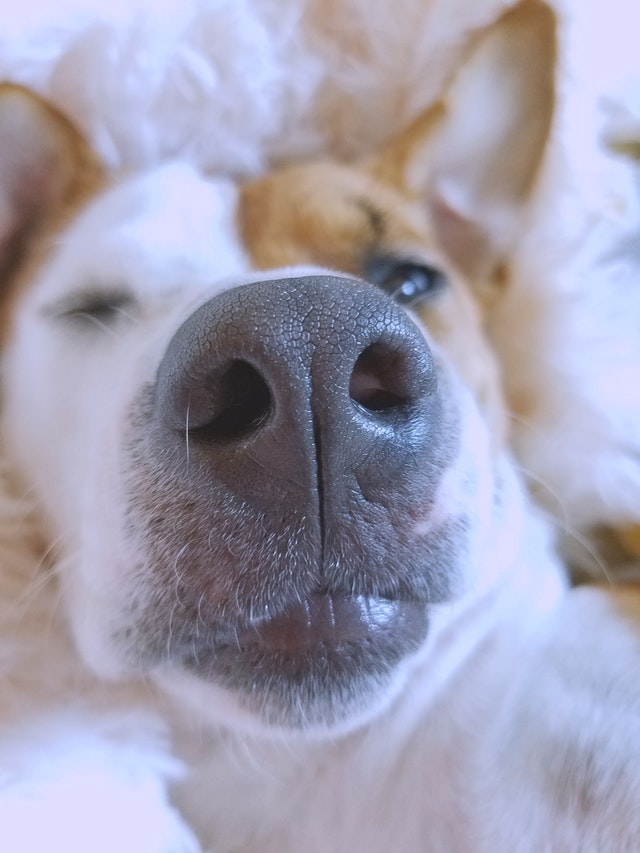
Our paw friends are likely to nudge us whether they want to show their attachment and love or are trained to perform this behavior as part of their tasks as service animals. We are confident that you have felt the wet nose of your paw friend on your skin at least once. Have you ever wondered why your dog’s nose is usually wet?
In today’s article we will discuss why are paw friends typically have wet noses, is this normal and when you should contact a veterinarian.
Factors That May Cause Dogs' Noses to Be Wet
Aid the Olfactory Receptors
Same as humans’ noses, dogs’ noses also produce mucus that keeps them wet. The secreted mucus is beneficial for your canine’s olfactory receptors and improve their sense of smell. As you know dogs explore the world and their surroundings using their strong sense of smell. Through the secreted mucus dogs are able to assimilate scent chemicals, which contribute to their smelling performance.
Dogs Collect Moisture from the Environment
When dogs sniff, especially in grass or leaves right after it has rained, they are very likely to collect moisture. That is why you should not be surprised that your furry friend’s nose is cool and wet if you check it directly after that.
Cooling Down
Another reason for dogs’ wet noses is connected to their natural system of cooling. Although dogs do not sweat the same way as humans do, they actually do sweat. The process is conducted through their Merocrine glands and Apocrine glands. The Merocrine glands can be found in your dog’s paw pads, and they start functioning when it gets too hot and your dog needs to cool down. The second type of glands are primary used by dogs to give off pheromones and are located all over the dog’s body. They work as a tool that helps one dog to identify another one. However, since we are focusing on a certain area of our paw friends’ bodies- their noses, we want to note that the nose along with the paw pads help dogs regulate their body temperature.
Licking
Dogs tend to lick their noses quite often and there are reasons for this behavior. Our paw friends enjoy digging holes in the yard or during a walk to seek food, lie down in the cool soil during a hot day or because they heard/ smelled an animal underground. Licking helps dogs keep their snouts clean.
One more thing we need to remember is that dogs are creatures who constantly investigate their environment and collect various scents through sniffing. When a dog licks their nose, the scent chemicals fall on their mouths where olfactory glands are located. These glands sample the scents and the whole process aids the sense of smell of dogs in general.
Some Dogs’ Noses Are Wetter Than Others
Same as humans, dogs differ as individuals and while some canines tend to have wet noses, others are likely to have warmer and drier noses.
When Is Your Dog’s Nose More Likely to Be Warm and Dry?
During sleep our paw friends’ noses tend to get drier and warmer. However, as mentioned above it all depends on the dog as an individual and owners should know their paw friends and be able to recognize any fluctuations from their standard behavior and appearance.
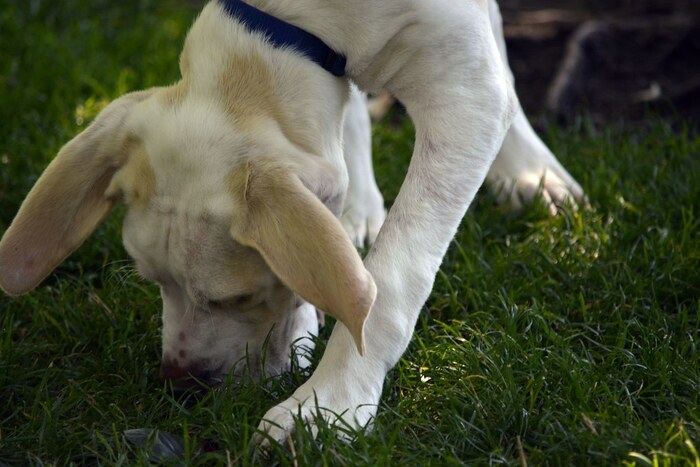
When Could a Dry and Warm Nose Be a Sign of a Health Issue?
If you notice that your dog’s nose is rather warm and dry, you do not have to panic immediately. We would recommend that you monitor your dog’s behavior for a while and determine if he/she is eating normally and his/her activity level is as usual. If your paw friend acts normally in the next few days, it is less likely for the warm nose to be a sign of a health issue. However, if you are confident that your canine’s nose is usually wet, and it suddenly became warm and dry, you may need to consult a veterinarian.
If your dog seems lethargic, does not eat properly and especially if the secreted mucus gets crusty, and ticker than usual, you should arrange an appointment by a veterinarian as soon as possible. Your furry friend may cope with fever or underlying health condition that requires blood and other types of tests to be run.
What to Do if you Notice that Your Dog’s Nose Became Warm
We would recommend that you bring your furry friend in the bathroom or in an environment with higher levels of humidity. You can put a wet towel over your canine’s head and body. This may be helpful if the temperature outside is too high and your dog may need to cool off immediately. Also, you can put your doggy in the bathtub and run cool water over your canine’s head and body. Please be careful and do not use too cold water.
Also, it is recommended that you supervise the temperature in your home and be careful if there are hot spots.
During the hot summer days you should never leave your canine in the car for too long unattended. Unfortunately there are many reported accidents about pets left in the car that have a lethal end.
Dogs’ noses are a part of their bodies that helps them investigate the surroundings, sample scents and cool off during hot days. You should not underestimate its importance for your paw friend’s proper functioning and take the necessary actions if you notice any abnormalities.


